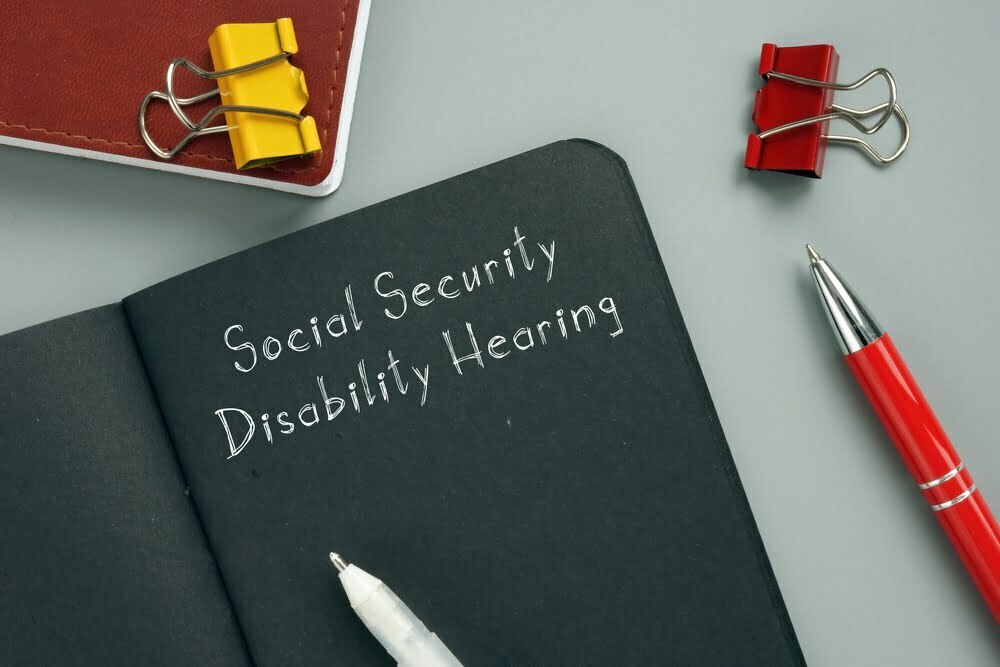Individuals who are 55 and older are treated differently under Social Security’s rules for disability than younger individuals. Essentially it becomes easier to win a disability case for an older individual. This is because Social Security recognizes advanced age as an adverse vocational factor. Social Security defines “advanced age” as someone who is 55 or older. When looking to see if there are other jobs that a person can perform, Social Security recognizes that the older you are, the harder it is to learn new skills.
There is a special medical – vocational profile for a person of 55. If a person is aged 55 and meets other requirements discussed below, he or she will be found disabled. I have not had a client fit this profile until today. I am going to write in some detail about this type of case because as our national age gets older (or at least as I get older), it seems to me there will be more people who may fit this profile and not know it. The rule is found in SSR 82-63
In order to fit within the profile, a claimant must meet the following requirements:
Age
This is the first requirement. An individual must be 55 or older.
Severe Impairment
A person must have a severe medically determinable impairment. This is defined as an impairment that significantly limits his or her physical or mental capacity to perform basic work functions. This is a basic requirement for any disability claim.
Work experience
No past work experience in the past 15 years. At first this may seem odd. Why would Social Security make a finding of disability if the person has not worked in the last 15 years? The policy reason, according to the Ruling, is that the lack of work experience is a vocationally adverse factor. A person who has not been in the labor market has not developed any basic knowledge of work products or services. He or she lacks an ability to relate and communicate with co-workers and supervisors as well as develop work habits, schedule time, etc.
Limited Education
The last requirement for a finding of disability is that an individual have a limited education. A limited education is defined in the regulations as between the 7th and the 11th grade. The reason for a finding of disability in this instance is because individuals who have a limited education would only have the competence to perform unskilled work.
As long as the Social Security adjudicator makes affirmative findings of fact as to the categories: age, impairment, no work and limited education, a claimant should be found disabled if he or she fits this profile. If you do not meet some of these requirements, it does not mean you cannot win disability. It only means you do not fit within this one profile which recognizes that a certain combination of factors should lead to a finding of disability.
I mentioned at the beginning of this post that my client met this profile. Yet, he was denied when he first applied. Why? Social Security’s reviewing doctors stated that his impairment was not severe. It seems to me they just did not want to approve it. His case is now in front of a judge and now that has been a couple of years since he applied, he has a few more impairments. While the judge could still find his impairment(s) non severe, I find that unlikely. We should win.
What about all of those people though who do not find a lawyer and do not appeal?

How to Get a Faster Social Security Disability Hearing
At the Law Office of Geri N. Kahn we have been helping clients get faster social security disability hearings for more than 30 years. Today we are going to share some tips with you that may help you expedite your case. It is a long wait to apply and receive




